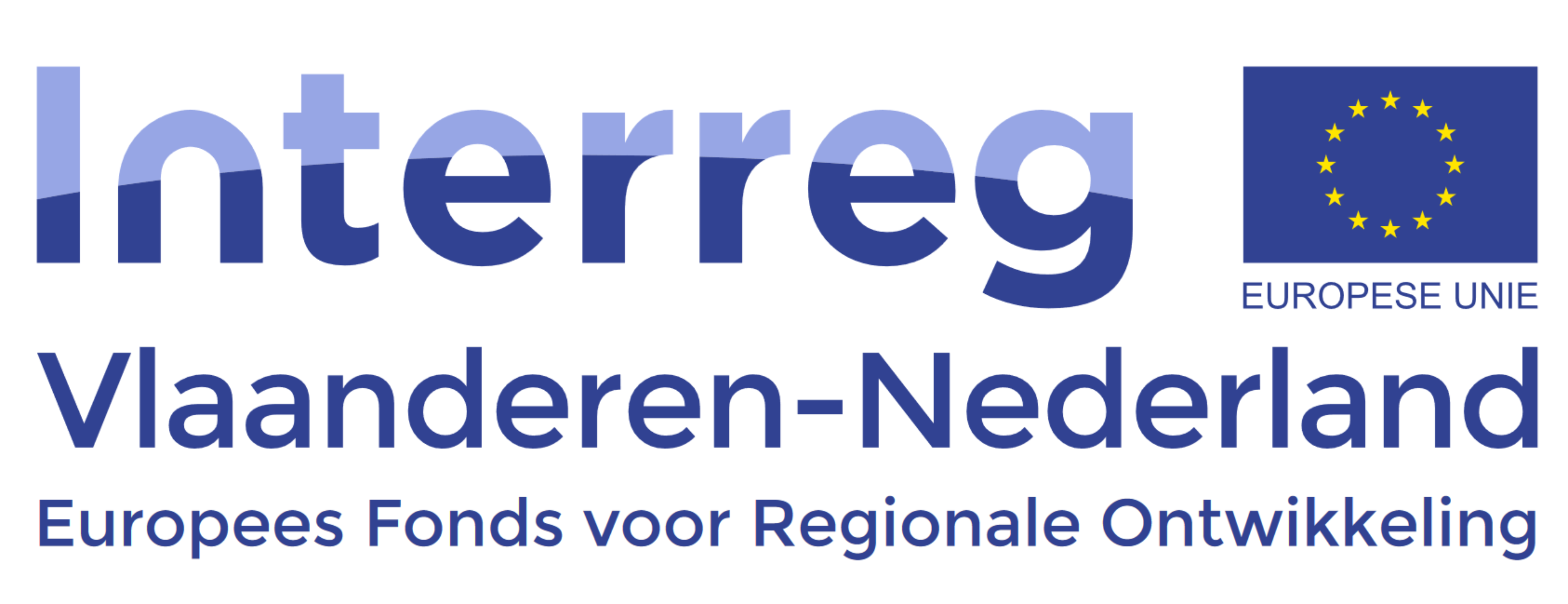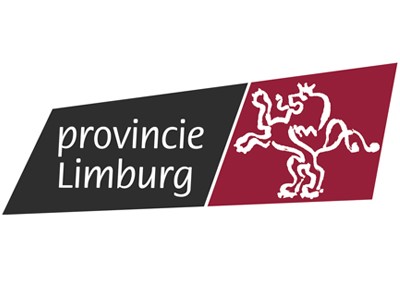Biomat on microfluidic chip
The treatment of patients in the future will increasingly focus on 'personal regenerative medicine'. This is a new form of medicine in which doctors treat patients by building new skin, bone or even an organ from cultured cells and biomaterials.



This project is being carried out with a contribution from the European programme Interreg V Flanders-Netherlands, which promotes innovation, sustainable energy, a healthy environment and the labour market through cross-border projects.
The treatment of patients in the future will increasingly focus on 'personal regenerative medicine'. This is a new form of medicine in which doctors treat patients by building new skin, bone or even an organ from cultured cells and biomaterials. This form of medicine arouses great expectations in terms of innovative and personalised care, but also faces great challenges because it requires a lot of high-quality knowledge and technology.
Both Belgium and the Netherlands want to develop a knowledge economy in this field in order to find answers to new challenges and at the same time sustainably strengthen employment in the region. Platforms like the Flemish RegMed and the Dutch Brightlands already support new developments in healthcare. To be able to test biomaterials on a large scale, a so-called 'organ-on-chip' offers new possibilities. These are small plates that mimic an organ or tissue and on which new biomaterials can be tested directly in a real-life body environment. To develop this chip and make it ready for broad introduction and use, a strong partnership of both academic and industrial partners is needed.
Therefore, 'Biomat' creates a brand new microfluidic chip: the 'organ-on-chip 2.0'. This chip is seeded with stem cells to mimic a body's own organ or tissue, with microfluidic supply and discharge and sensitive sensors to perform measurements. The innovative aspect of this chip is the three-dimensional (3D) environment that is formed, in contrast to classical cell culture plates in which cells or tissues grow on a flat surface. In addition, microfluidics - very small channels in which fluids are transported - mimics the transport of body fluids. To demonstrate the functionality of this revolutionary technology, demonstrators will be built based on three types of clinical applications: bone, muscle and op-chip vascularised bone or muscle.
Project lead:
- Universiteit Maastricht (MERLN Institute for Technology-Inspired Regenerative Medicine)
Project partners:
- Mimetas
- Katholieke Universiteit Leuven
- Xplore Instruments
- Leids Universitair Medisch Centrum
- Tenco DDM
- DSM R&D Solutions (DSM Resolve)
- IMEC vzw, associated lab IMOMEC
More information can be found on the project website.
Project status update January 2020
Within the first two years of Biomat-on-Microfluidic Chip project, important steps towards creating a new generation of patient-specific organ-on-chip platforms were taken by developing several engineering and biological technologies.
- First designs and models of the chip have been made in the form of inserts for culture plates. We have succeeded in forming three-dimensional biological micro-constructs of patient-specific cells and various biomaterials at micron scale. In addition to that, we have developed multiple robust bioassays for screening the toxicity/biocompatibility and the functionality of newly developed biomaterials.
- Although this 3D model has been tested with human cell lines and stem cells, we have also optimized protocols for differentiating human-induced pluripotent stem cells (hiPSCs) towards muscle and bone tissues and for coupling these cells with reporters with which their growth and metabolism can be monitored non-invasively. Furthermore, we have shown the formation of 3D micro-tissues using these cells.
- The development of the platform for vascularization of 3D micro-tissues has also been demonstrated.
- In addition to that, we have developed a sensor that can be coupled to the chip in order to monitor tissue formation overtime.
- We have developed a technology for fabrication of micro-biomaterials with different chemistries that can be screened in the platform for biocompatibility and biological functionality.
Cofinancers

Contact
prof. dr. ir. Ronald Thoelen

dr. Lieve De Doncker

